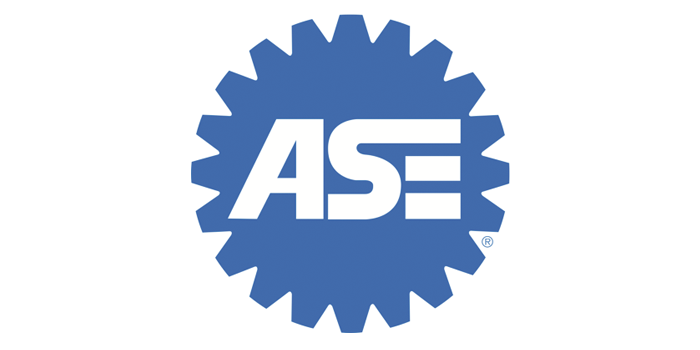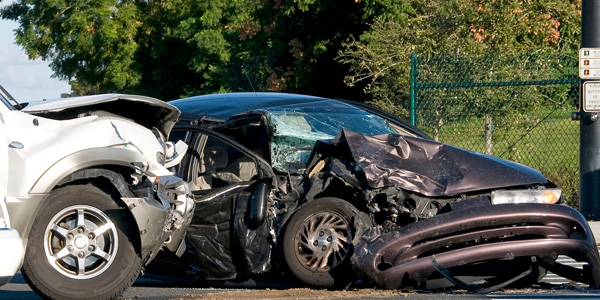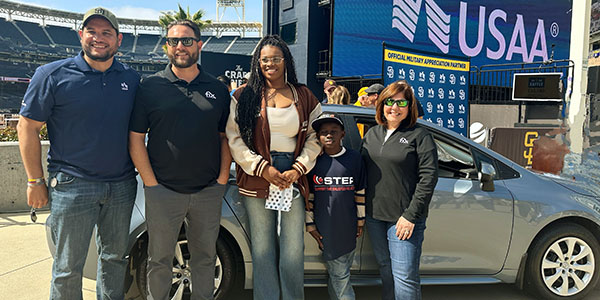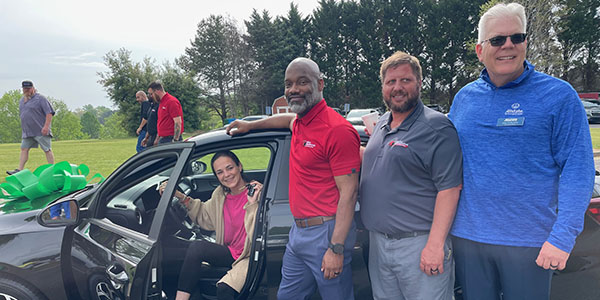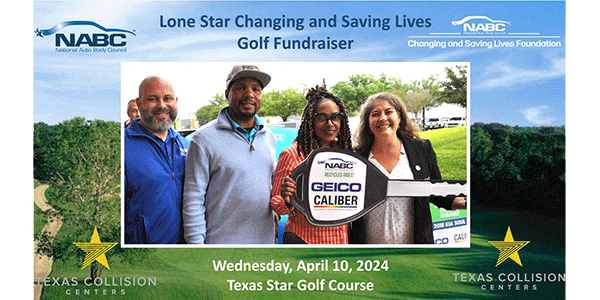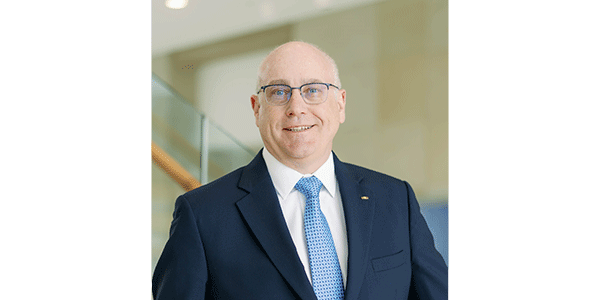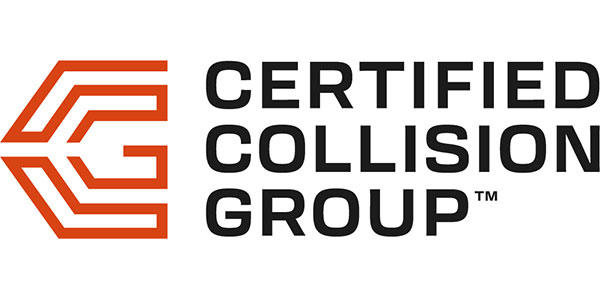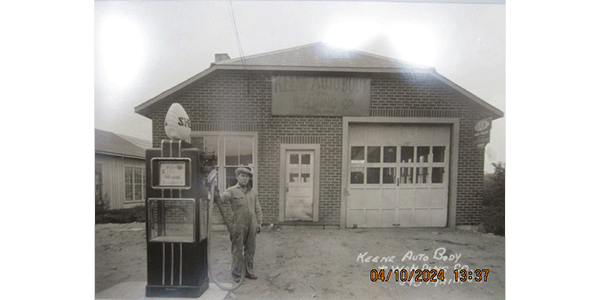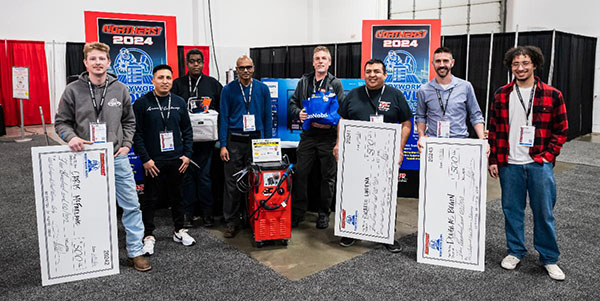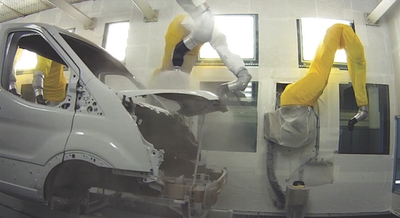 Ford Motor Company says that its all-new Transit model is making its North American debut with more durable paint, thanks to an industry-first paint technology now in use at Kansas City Assembly Plant.
Ford Motor Company says that its all-new Transit model is making its North American debut with more durable paint, thanks to an industry-first paint technology now in use at Kansas City Assembly Plant.
The Transit vehicles built in Kansas City are the first to use the new two-wet monocoat paint process developed by Ford and its paint suppliers. Ford says that the technology results in more durable paint, uses less energy and water, and reduces carbon dioxide and particulate emissions compared with conventional paint processes.
The new paint had to meet or exceed Ford standards, and was subjected to a battery of tests that simulates typical conditions the vehicle will see in 10 years. The paint was tested for its resistance to chipping and scratching, pollutants and sun exposure. Advanced weathering testing indicates that paint applied with the new two-wet technology will retain 90 percent of its gloss at four years in service compared to 1 percent gloss retention for paint applied using a conventional monocoat process.
“Durability was a critical consideration when we initiated this project,” said Dennis Havlin, Ford global paint engineering development and launch supervisor. “The advancements in paint chemistry enable us to deliver the appearance, performance and durability our customers demand.”
In addition to making paint tougher, Ford says the process reduces painting time and energy use by cutting the number of paint applications from three to two and the number of drying procedures from two to one.
This initiative coincides with Ford’s call for a 30 percent reduction in carbon dioxide emissions per vehicle produced from 2010 to 2025, and a 30 percent reduction in water use per vehicle produced from 2009 to 2015.
The new paint process uses less energy and water, and reduces carbon dioxide and particulate emissions compared with conventional paint processes. The reduction in paint and energy consumed is expected to result in 9,500 tons fewer carbon dioxide emissions and a 35-ton savings in particulate emissions on an annual basis. A dry scrubber system will help save more than 10.5 million gallons of water. Overall, the system should save 48,000 megawatt hours of electrical power, enough electricity to power 3,400 homes.
The two-wet monocoat process uses a primer coat that requires only a few minutes of open-air drying time before the color coat is applied. The color coat is formulated with the same appearance and protection properties of the clearcoat, which eliminates the need for a separate clearcoat. The painted body is fully cured in an enamel oven after the color coat is applied. The total process removes one paint application step and one oven drying step when compared to conventional paint processes.
The new paint procedure is being used for white-colored vehicles, which account for 80 percent of Ford Transit production at Kansas City Assembly Plant. As each color must be developed uniquely for the two-wet monocoat process, other colors will be considered based on demand. A conventional three-wet process – primer, basecoat, clearcoat – remains in use for metallic-colored vehicles.
Ford celebrated the start of North American Transit production at Kansas
City Assembly Plant on April 30, and vans will be available on U.S. and
Canadian dealer lots this summer.
More information:

